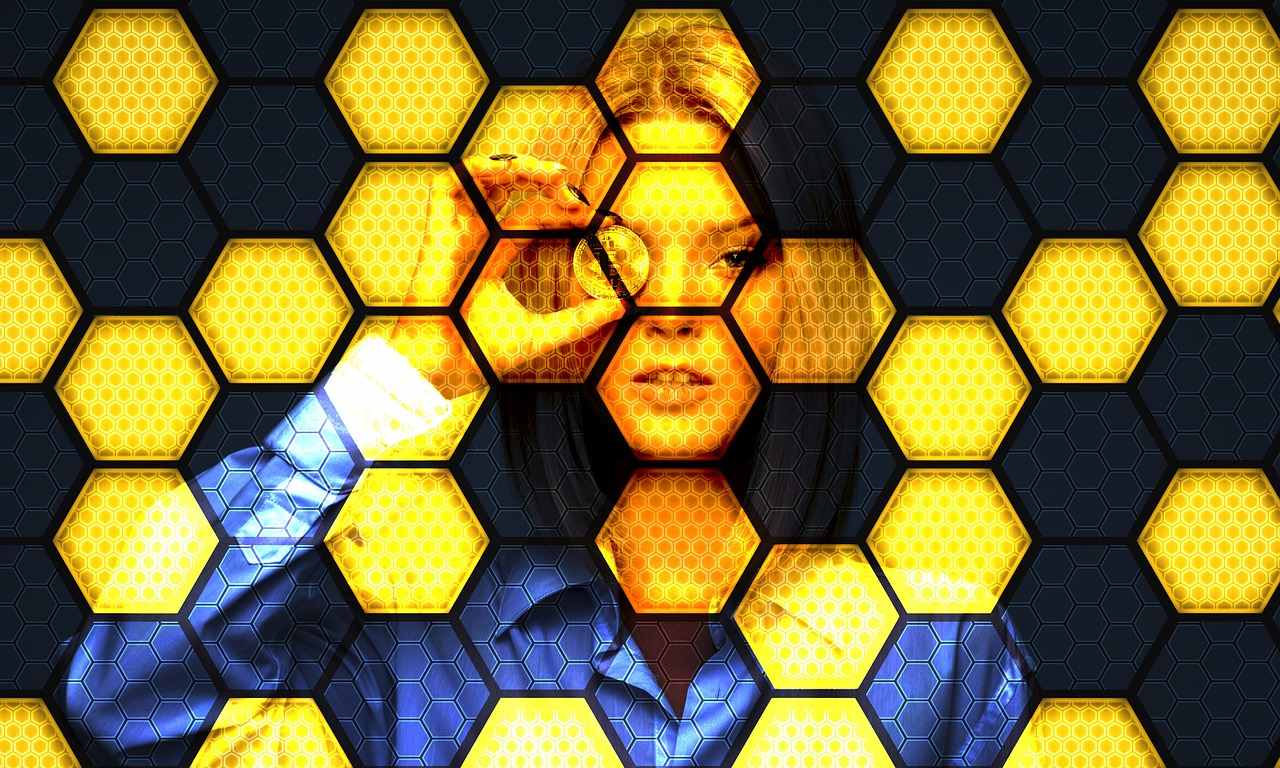Blockchain explained: Blockchain is a distributed, unchangeable database that makes it easier to track assets and record transactions in a corporate network. An asset may be physical (such as a home, car, money, or land) or intangible (intellectual property, patents, copyrights, branding). In a blockchain network, practically anything of value may be recorded and traded, lowering risk and increasing efficiency for all parties. If you wish to share your viewpoints do Write For Us Blockchain points and make people aware. Email id to contact: freeinvoicr@gmail.com
Why blockchain technology matters: Information is essential to business. It is best if it is received quickly and is accurate. Blockchain is the best technology for delivering that information because it offers real-time, shareable, and entirely transparent data that is kept on an immutable ledger and accessible exclusively to members of a permissioned network. Among other things, a blockchain network can track orders, payments, accounts, and production. Additionally, because everyone has access to the same version of the truth, you can see every aspect of a transaction from beginning to end, increasing your confidence and opening up new prospects.
Important components of a blockchain
Distributed ledger technology
The distributed ledger and its immutable record of transactions are available to all network users. Transactions are only recorded once with this shared ledger, preventing the duplication of effort present in conventional corporate networks.
Unchangeable records
Once a transaction has been added to the shared ledger, no participant is permitted to alter or interfere with it. A fresh transaction must be added to undo an error in a transaction record before both transactions are displayed.
Sensible contracts
A set of instructions known as a smart contract is saved on the blockchain and automatically carried out to speed up transactions. A smart contract can specify parameters for corporate bond transfers, stipulate how much must be paid for travel insurance, and much more.
Workings of blockchain
Every block is interconnected with those that came before and after it. As an asset is moved from one location to another or ownership changes, these blocks create a chain of data. The blocks link securely together to prevent any blocks from being altered or a block from being introduced between two existing blocks, and the blocks certify the precise timing and order of transactions.
A blockchain is an unbreakable chain of transactions that is blocked together. Every new block reinforces the prior block's verification, and by extension, the blockchain as a whole. This gives the blockchain its crucial strength of immutability and makes it tamper-evident. By doing this, you and other network users may create a trusted ledger of transactions and eliminate the chance of tampering by malevolent actors.
Advantages of blockchain
What should change: Operations frequently squander time and resources on third-party validations and duplicate record keeping. Systems for preserving records may be susceptible to fraud and online threats. Data verification may be slowed by a lack of openness. And the number of transactions has multiplied since the introduction of IoT. We need a better solution because all of this slows down the company and depletes the bottom line. Here comes blockchain.
Greater Faith
As a participant in a members-only network, you may use blockchain to ensure that the information you receive is correct and timely and that only network participants you have explicitly authorised access to will have access to your private blockchain records.
Increased safety
All network participants must agree that the data is accurate, and since all confirmed transactions are permanently stored, they cannot be changed. A transaction cannot be deleted by anyone, not even a system administrator.
Greater efficiency
Time-consuming record reconciliations are minimised by using a distributed ledger that is shared among network participants. Also, a set of instructions known as a smart contract can be saved on the blockchain and carried out automatically to speed up transactions.
Also Read: Artificial Intelligence’s Effect on Work and Society






0 Comments